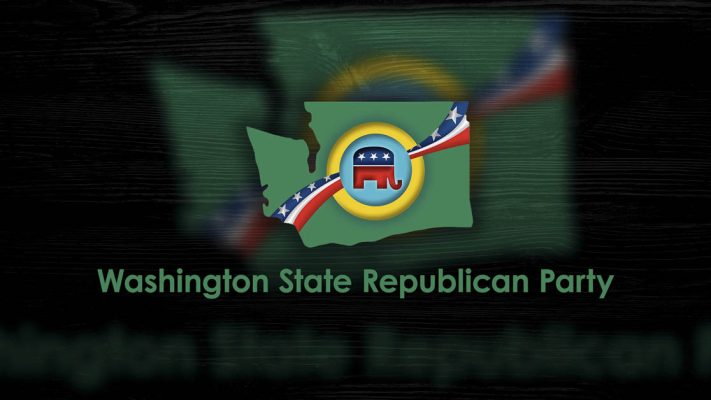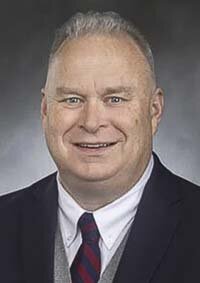
WAGOP Chairman Jim Walsh says ‘it’s a good and major decision’
Washington State Republican Party Chairman Jim Walsh issued a statement on the U.S. Supreme Court’s City of Grants Pass v. Johnson decision.
“The Supreme Court’s 6-3 decision in the Grants Pass case allows states and local governments to take effective action — and stop wasting taxpayer money — on homelessness. It’s a good and major decision,’’ the statement from Chairman Walsh stated.

“When it comes to getting homeless people off the streets, local governments have been handcuffed by flawed lower-court decisions like Martin v. Boise. Worse, some left-wing activists have willfully misread Martin v. Boise to justify wasteful homeless-housing programs. Today’s Grants Pass decision clears up all that.
“Specifically, Justice Neil Gorsuch wrote in the opinion that enforcing state and local laws does not violate the Eighth Amendment’s prohibition on cruel and unusual punishment.
“Now, local government in Washington can enforce ordinances on camping, loitering, and sleeping on sidewalks and public parks. They can enforce common-sense laws. This is a good decision from the Supreme Court. And a good day for common sense and civility in Washington.’’
“Homelessness is complex. Its causes are many. So may be the public policy responses required to address it,” wrote Justice Neil Gorsuch in Grants Pass. “The question this case presents is whether the Eighth Amendment grants federal judges primary responsibility for assessing those causes and devising those responses. A handful of federal judges cannot begin to ‘match’ the collective wisdom the American people possess in deciding ‘how best to handle’ a pressing social question like homelessness. The Constitution’s Eighth Amendment serves many important functions, but it does not authorize federal judges to wrest those rights and responsibilities from the American people and in their place dictate this Nation’s homelessness policy.”
The WAGOP statement continued, “There’s an important indirect effect of the High Court’s opinion in Grants Pass. Gorsuch’s reasoning refutes one of the faulty premises of the ‘Housing First’ approach to sheltering homeless people. Gorsuch writes that an addict’s use of illegal drugs is not a protected constitutional ‘status.’ This rejects the main assumption of ‘Housing First’ ideology: that an addict’s active use is a protected status and that the government must, therefore, provide shelter to active users. The Grants Pass decision allows government agencies to require homeless addicts to change their destructive behavior as a condition of shelter.
“The WAGOP is hopeful the ‘Grants Pass’ case will begin to restore civil society after years of bad policy in WA. The SCOTUS ruling aligns with the WAGOP’s Plan to tackle homelessness.
Also read:
- WA governor pressed to veto $1.8B piece of Democrats’ tax billGrocers and restaurateurs are urging Gov. Ferguson to veto a surcharge in HB 2081 that they say will raise food prices statewide.
- CCSO makes arrest in attempted kidnapping investigationA 31-year-old Vancouver man has been arrested in connection with an attempted kidnapping involving a teenage girl near NE 149th Street.
- Changing roles: Brian Witherspoon accepts position as head coach of Camas girls basketballBrian Witherspoon has been hired to lead the Camas girls basketball program after serving as interim boys coach last season.
- Vehicle crashes into Vancouver Fire Station 6 during emergency responseA vehicle crashed into Vancouver Fire Station 6 late Tuesday night while crews were out on an emergency call.
- Letter: ‘It’s said sarcasm is the lowest form of wit’Amboy resident Thomas Schenk criticizes Olympia’s use of “emergency clauses” and other legislative tactics that limit public participation.
- Letter: ‘We’re going to give them some money and a plane ticket, and then we’re going to work with them’Camas resident Anna Miller supports a new structured self-deportation policy, calling it a balanced approach to immigration and economic needs.
- Pro-Palestinian protesters occupy UW building, 30 arrestedAbout 30 protesters were arrested at the University of Washington after occupying a building and demanding the school cut ties with Boeing.











